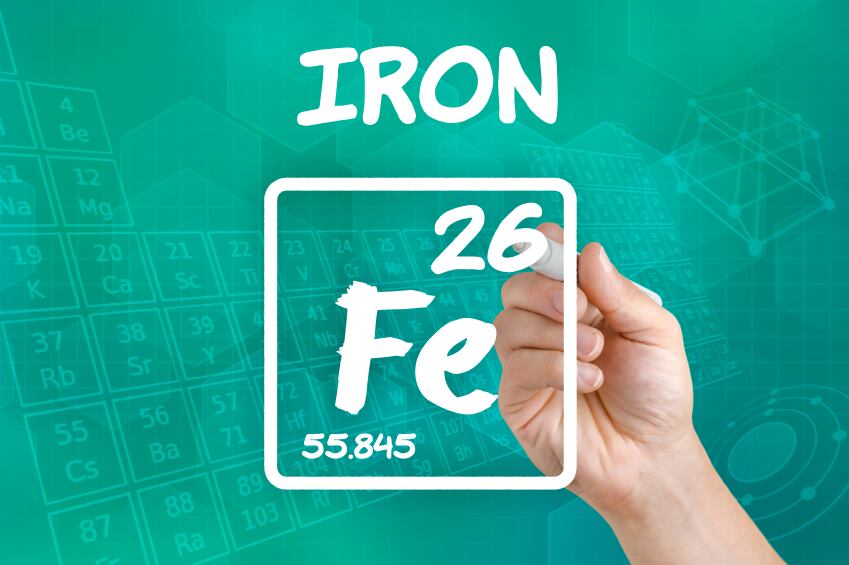The authority published dietary reference values (DRVs) for iron and copper this week as part of its on-going DRV project.
DRVs show the amount of a nutrient that people need for good health depending on age and gender.
EFSA set the following DRVs for iron:

- For men it said average whole-body iron losses were 0.95 mg per day, and the average requirement (AR) was therefore set at 6 mg per day.
- For postmenopausal women, the DRVs were the same as men.
- In premenopausal women, iron is lost through menstruation but because losses are highly skewed the panel set a Population Reference Intake (PRI) of 16 mg/day to cover requirements of 95% of the population. The panel decided not to included women with very high iron losses because this would result in "unrealistically high DRVs" for the majority of women.
- In infants (7–11 months) it set a PRI of 11 mg/day, for children aged 1–6 years 7 mg/day and for children aged 7–11 years and boys aged 12–17 years 11 mg/day.
- For girls aged 12–17 years, the PRI of 13 mg/day was the midpoint of the calculated dietary requirement of 97.5% of girls and the PRI for premenopausal women.
- For pregnant and lactating women, for whom it was assumed that iron stores and enhanced absorption provided enough additional iron, DRVs were the same as for premenopausal women.
EFSA set the following DRVs for copper:

- For adults, it set adequate intakes (AIs) of 1.6 mg/day for men and 1.3 mg/day for women.
- AIs for children aged one to three years were 0.7 mg/day, for children aged three to ten years 1 mg/day and for boys and girls aged ten to 18 years 1.3 and 1.1 mg/day, respectively.
- For infants aged 7–11 months an AI of 0.4 mg/day was proposed.
- For pregnant women, EFSA estimated an increase of 0.2 mg/day was needed to cover the copper used in the foetus and placenta during pregnancy and in anticipation of lactation. For lactating women the same increase was estimated to cover the copper lost through breast milk. For pregnant and lactating women therefore an AI of 1.5 mg/day was set.
Ongoing work
EFSA’s panel on dietetic products, nutrition and allergies (NDA) has been working on DRVs at the request of the European Commission.
The project was originally due by the end of 2009 but it hit a wall at that time.
Over the last year however EFSA has released a spate of opinions, including values for vitamin E, folate, niacin and selenium.
These values were requested to form pan-EU upper limits for use in supplement and to update reports by EFSA’s predecessor the Scientific Committee on Food (SCF).
In the past EFSA has said of DRVs: “Scientific advice on dietary reference values (DRVs) is an important basis for the actions of the European Union in the field of nutrition.
“They can be used for instance as a basis for reference values in food labelling. They may be also be used for the assessment and planning of diets and when making nutrient recommendations and developing food-based dietary guidelines.”
